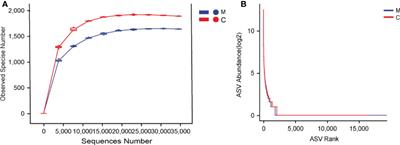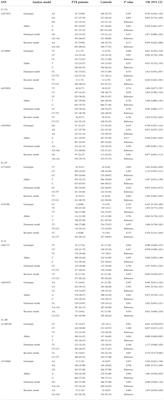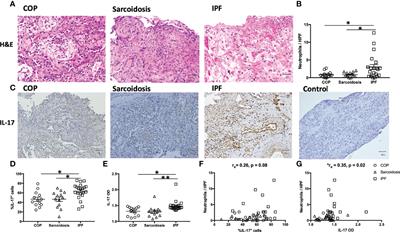ORIGINAL RESEARCH
Published on 28 Nov 2022
Altered dental plaque microbiota correlated with salivary inflammation in female methamphetamine users

doi 10.3389/fimmu.2022.999879
- 1,602 views
- 2 citations
2,993
Total downloads
8,055
Total views and downloads
ORIGINAL RESEARCH
Published on 28 Nov 2022

ORIGINAL RESEARCH
Published on 21 Nov 2022

ORIGINAL RESEARCH
Published on 05 Jul 2022
